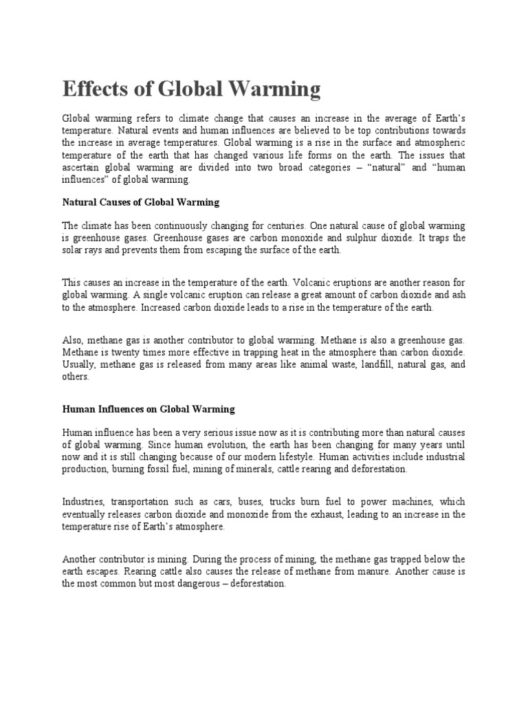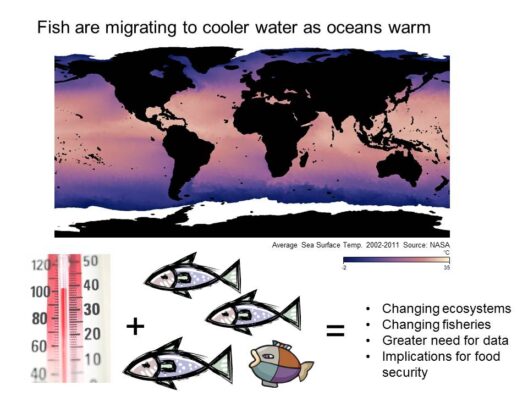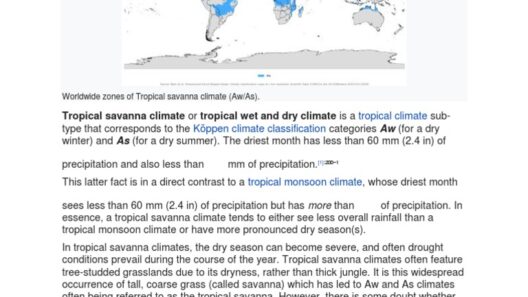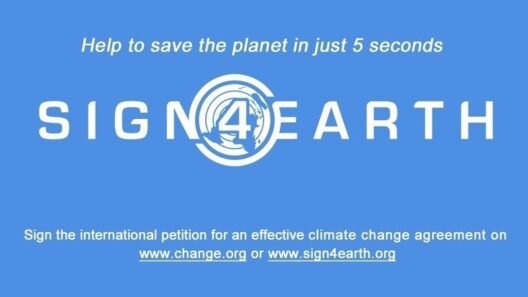The Paris Agreement, an international accord aimed at combating climate change, represents an unprecedented collaborative effort among nations to mitigate global warming and its associated impacts. However, the decision by the United States to withdraw from this pivotal agreement in 2017 raised significant questions regarding the political motivations and implications intertwined with this action. This analysis delves into the multifaceted reasons behind the U.S. exit from the Paris Agreement, exploring the political landscape, economic considerations, and implications for global climate initiatives.
The Political Landscape
The political climate in the United States has long been characterized by polarization, particularly on environmental issues. The decision to withdraw from the Paris Agreement can be traced back to the electoral success of Donald Trump, whose administration prioritized deregulation and energy independence over international climate commitments. Trump’s stance against the Paris Agreement was articulated during his campaign, where he emphasized the belief that it imposed unfair obligations on the U.S. while favoring other nations, particularly developing countries.
This perspective resonated with a significant segment of the population who perceived climate policies as encumbering economic growth and job creation. In his robust rhetoric, Trump labeled the agreement a “bad deal” that would harm American competitiveness and lead to job losses in traditional energy sectors such as coal and oil.
The Trump administration’s position was not merely a reflection of the President’s ideological beliefs but was also emblematic of a broader trend at the time—an increasing skepticism among certain political factions regarding climate change science. This skepticism influenced public opinion, fostering an environment where neglecting climate commitments was viewed as a feasible political strategy.
Economic Considerations
At the crux of the U.S. withdrawal from the Paris Agreement lies a profound concern over economic implications. Critics of the accord argued that it would impose stringent regulatory measures that could stifle economic growth and compel the country to shift away from fossil fuels more rapidly than was considered feasible. The transition to renewable energy was juxtaposed with potential upheaval in industries that historically provided employment to millions of Americans.
Economists who supported the withdrawal often emphasized the importance of maintaining energy independence and maximizing the domestic production of fossil fuels, seen as vital to maintaining economic resilience and job creation. Under the premise that governmental adherence to the Paris Agreement would result in significant economic costs, the argument was put forth that such expenditures disproportionately burdened working-class citizens while favoring global actors.
International Relations and Sovereignty
An underlying theme in the discussions surrounding the U.S. withdrawal from the Paris Agreement was the issue of national sovereignty. Critics of international agreements often argue that such accords constrain a nation’s ability to govern itself and decide its energy policy autonomously. The Trump administration framed the Paris Agreement as a surrender of American sovereignty, arguing that it obligated the U.S. to adhere to stipulations that may not align with its national interests.
This notion of sovereignty also played into broader themes of nationalism that surged in various parts of the world during this period. The idea that nations should prioritize their interests over collective global initiatives resonated in the context of increasing populist sentiments, underscoring resistance to perceived external impositions on domestic policy.
Repercussions for Climate Initiatives
The withdrawal of the U.S. from the Paris Agreement prompted immediate and far-reaching repercussions, both domestically and globally. On an international level, the absence of U.S. leadership raised concerns over the collective commitment to meeting the agreement’s goals, particularly with regard to limiting global temperature rise to well below 2 degrees Celsius. The U.S., as one of the largest emitters of greenhouse gases, plays a crucial role in influencing global trends in emissions and climate action.
Domestically, the withdrawal galvanized a multitude of responses from various stakeholders. States, cities, and businesses that acknowledged the importance of sustainable practices began to pursue independent climate actions. Despite federal withdrawal, many entities continued to embrace renewable energy investments, signifying a grassroots movement aimed at addressing climate change, irrespective of national policies.
Furthermore, the U.S. exit from the Paris Agreement became a rallying point for environmental activists and organizations, invigorating the climate justice movement. This mobilization underscored the necessity for continued advocacy and public engagement to drive climate policies despite fluctuating political contexts.
Future of U.S. Climate Policy
As the political landscape continues to evolve, the future of U.S. climate policy remains uncertain. The subsequent administration demonstrated a stark reversal, rejoining the Paris Agreement in 2021, signaling a renewed commitment to international climate collaboration. This transition represents a critical juncture, showcasing the potential for reconciliation between domestic interests and global responsibilities.
The implications of U.S. involvement in the Paris Agreement extend beyond national borders. As a leader in technological innovation and financial investment, the U.S. re-engagement provides an opportunity for synergy in global climate initiatives, facilitating advancements in clean technologies and collaborative efforts to mitigate climate impacts.
In conclusion, the decision of the U.S. to withdraw from the Paris Agreement was influenced by a confluence of political, economic, and ideological factors. The ramifications of this action reshaped the global climate discourse and highlighted the intricate relationship between national policy and international cooperation. Understanding this complex dynamic is essential for navigating the ongoing challenges posed by climate change and shaping a sustainable future.








